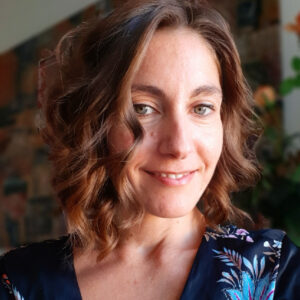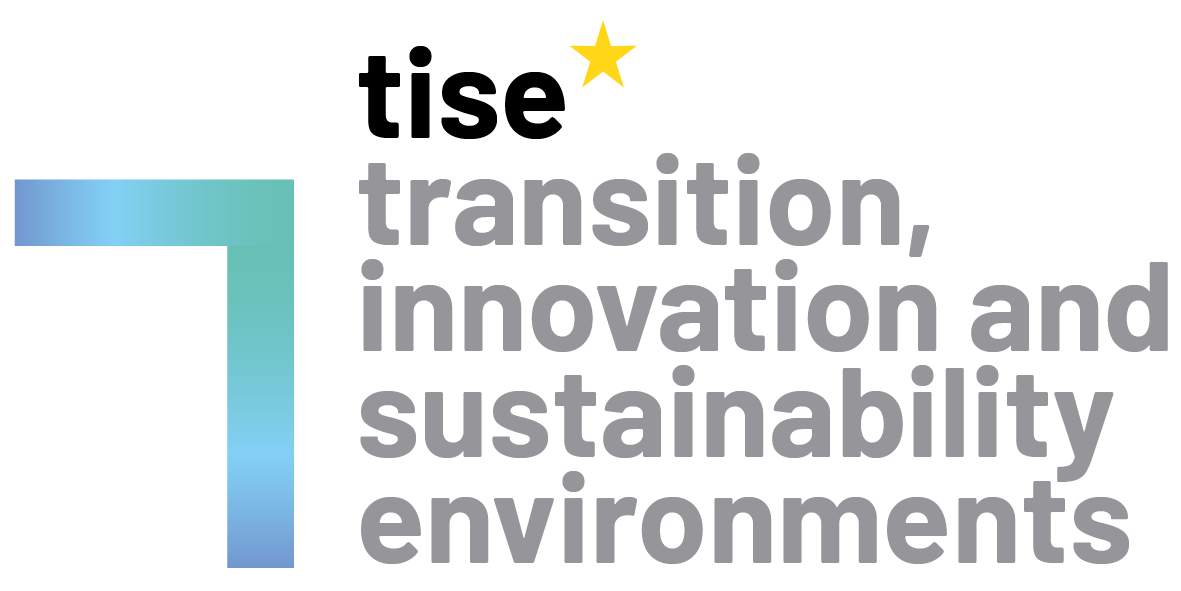
FAQ & Contact
FAQ
1. Application process
No. The TISE program requires at least a Bachelor degree issued by a university, quantified as three years of studies corresponding to 180 ECTS.
We do not require this university degree to be in a certain field or subject. More important to us is the applicant’s motivation to choose the TISE program with regard to his/her previous education, working experience (if applicable) and future career plans.
No. Applicants with various educational background can apply for the TISE program as long as they have at least a Bachelor degree issued by a university, quantified as three years of studies corresponding to 180 ECTS.
There are no maximum limits. Regardless of how much experience, education, or knowledge an applicant has, if the minimum requirements are met, the application is eligible. Students from all over the world are welcome to apply.
Yes. In that case you need to submit until the regular application deadline the “Statement on expected first university degree”. You may submit the scanned copy of your final university diploma later.
Please note: In case if your application is successful, your university degree diploma will be necessary for registration process.
The letters of recommendation should be submitted as scanned copies of the original typed and signed paper letters. They have to include the signature and the contact details of the referee, and (if possible) should be on headed paper of the institution and bear the stamp of the institution.
Letters, where the signature has been integrated as a graphic item into the PDF will NOT be accepted. Applicants should ask referees to provide them either with the original signed letter or with a scanned copy of the original signed letter. Applicants should turn in the letters electronically. Please see the information to give to the referees in the Download Section.
Yes, it is possible to hand in letters from employers/supervisors at work. However, we recommend that you hand in at least one letter of recommendation from a university professor or university lecturer that knows you from university classes.
Another possibility: In addition to two letters of recommendation from university professors/lecturers you can hand in a letter/confirmation from your employer or the person that supervises you in your job as an optional document.
The letter of Motivation should not exceed a length of 1500 characters (without spaces). Please note: We count in characters, not words!
The essay should not exceed the length of 5000 characters (without spaces). Please note: We count in characters, not words!
No, this is not required. However, work experience can be an advantage for an application. To have work experience acknowledged applicants should clearly state it in their CV. In addition, they can hand in a letter/confirmation of their employer with their electronic application. This letter/confirmation should describe the type of work experience (function and responsibilities) as well as the applicant’s skills.
If an applicant would like to submit original documents, which are not in English, officially certified translations into English have to be provided in addition to the original. This is likely to apply to official documents and to university diplomas and transcripts (documents no. 2, 5 and 6 in the list of application documents). Officially certified translation means that the translation has been done by a sworn and officially accredited translator, and that the document has to bear the translator’s stamp of accreditation. For countries where accredited translators do not hold such a stamp of accreditation, in most cases a public notary can confirm the translator’s accreditation.For university documents, it is also possible to ask the issuing university to provide a certified translation into English. In this case, the university should apply its stamp on the translated document.
For the application process, university documents do not require legalisation; but they may have to be translated into English (see above). Legalisation may be necessary after a student has been selected for participation and is asked to submit university documents from the first university degree for the admission process at Danube University Krems (as coordinating institution of TISE programme). The specific legalisation requirements depend on the country where the university documents have been issued. For more information, see the website of Danube University Krems: https://www.donau-uni.ac.at/de/studium/studienorganisation/zulassung-zum-studium.html, section “Legalization of foreign documents”.
2. English language test of proficiency
Applicants may ask for being exempted from the English language test requirement, if they have successfully completed one of the following:
(1) A Bachelor’s degree completed in English in a university or university of applied sciences in any country of the European Union (EU) or the European Economic Area (EEA), or other countries, where English is an official language. You must have resided in the country while studying.
(2) A two-year Master’s degree completed in English in a university or university of applied sciences in any country of the European Union (EU) or in the European Economic Area (EEA), or other countries, where English is an official language. You must have resided in the country while studying.
(3) Secondary education completed in English, in any country, where English is an official language.
Apart from these TISE program cannot grant any other exemptions.
No. Apart from three mentioned opportunities, TISE program cannot grant any other exemptions.
Yes, due to the current pandemic situation the online versions of the above English tests are also accepted.
Yes. Please contact TISE Joint Secretariat (tise@donau-uni.ac.at) and provide the scan of your certificate.
3. Scholarship
Yes, students can apply for an EMJMD scholarship to any of the Erasmus+ Erasmus Mundus courses of their choice (EMJMD catalogue: http://eacea.ec.europa.eu/erasmus-plus/library/emjmd-catalogue_en). There is no more official limit for the number of EMJMD programmes that the students can apply for.
No, all Erasmus Mundus students must study full-time.
Yes, it is possible to apply if you already hold a Master degree.
No, students who have already obtained a EMJMD scholarship or an Erasmus Mundus Master Course (EMMC)/Joint Doctorate scholarship are not eligible to apply for an additional scholarship under the EMJMD action.
Applicants are eligible to apply as “Partner Country” if they a) come from a country other than a Program Country and b) are not residents nor have carried out their main activity (studies, training or work) for more than a total of 12 months over the last five years in one of the Program Countries.
The 5 years are counted backwards in time from the last day of February of the year of student intake (the date the scholarship lists are sent to the EACEA for approval). If in this period you have stayed in European countries (defined as the 28 EU member states plus Iceland, Liechtenstein, FYROM, Turkey and Norway) for more than a total of 12 months you are NOT eligible for a “Category A” scholarship. But: You can still apply for a “Category B” scholarship. Cf. http://marihe.eu/costs-and-funding/erasmus-mundus-scholarships.
If you have not lived in a Program Country for more than 12 months during the past 5 years, you may apply as Partner Country citizen. This is the Ersamus+ Scholarship 12-month rule.
4. Evaluation process
To select the students for the program, TISE partners will review all eligible applications. Each application is reviewed by two reviewers that assess the applicant’s academic quality, motivation, personal skills and English language skills. Both reviewers will give scores which will lead to a ranking list of all eligible applications. The final decision on the selection then lies with the TISE Admission Board.
If you are nominated for one of the Category A or B scholarships (=scholarship main list) or if you are included on the scholarship reserve list, you will get first information approximately during April in the year of the student intake. However, the final decision of the European Commission and the confirmation of the scholarships will be available later. Students who have been rejected for the program (and who are not on the scholarship main or reserve list) will as well be notified in April.
Please note: All these dates are relevant for applications for participation in TISE with an Erasmus Mundus scholarship. For application as a non-scholarship holder, other dates apply.
Applicants who are successful in reaching the reserve list will be contacted in case someone from the main list declines a scholarship. Those on the reserve list will also be eligible for Other Funding Opportunities.
Contact

TISE secretariat
Liliya Satalkina
tise@donau-uni.ac.at

Emanuela Sangermano
Facebook: https://www.facebook.com/tisemastereu
Linkedin: https://www.linkedin.com/company/tisemaster
Twitter: https://twitter.com/tisemaster
Instagram: https://www.instagram.com/tisemaster.eu/
Postal Address:
Danube University Krems /Donau-Universität Krems
Department for Knowledge and Communication Management (WUK)
To: Ms. Liliya Satalkina
Dr.-Karl-Dorrek-Straße 30
3500 Krems
Austria

